“`html
The Unfolding Tragedy of Ukrainians Torn Between Borders
In the midst of chaos, the struggle that defines Ukrainian identity becomes painfully evident. Who do these brave souls truly fight? It’s a question few dare to ponder, especially in frontline cities where the lines between us and them blur. The absurdity is palpable; the borders that separate Ukraine and Russia do not just divide land—they tear families and friendships apart, leaving scars that will take generations to heal.
The Power of Borders and Human Connection
When rulers allow it, borders become mere illusions, transient meeting places where humanity should prevail over political power. But in this conflict, the State dictates who can cross, who belongs, and who does not. The tragic irony is that the land on the other side is as much theirs as it is anyone else’s.
Daily Life Amidst Destruction
In Sumy, alongside the serene Psel River, couples enjoy a fleeting moment of normalcy—a moment tragically overshadowed by the distant sound of artillery. The front line, just kilometers away, feels surreal to them. What does it mean when your neighbor yesterday becomes an enemy today?
Mental Health Crisis in the Shadow of War
Even as couples share intimate dinners amidst the chaos, the psychological toll can’t be ignored—60% of Ukrainians, according to sources, suffer from post-traumatic stress. The emotional scars of war run deep, and it is evident in casual conversations that linger on what could have been.
“We do not want to continue fighting,” one woman confesses, echoing sentiments felt across the torn region.
Refusing to Change Identity
Many Ukrainians struggle with the language of the aggressor, yet this couple boldly identifies as Russians in Ukraine. They still cling to their roots, asserting, “What’s wrong with that?” It’s a poignant statement on their unwillingness to surrender their identity just because geopolitics dictate otherwise.
Calling for Peace—But at What Cost?
The medical faculty’s dean expresses a desire for peace yet vehemently opposes any form of capitulation. Victory over Russia is the only acceptable outcome. “We will not cede our land or our identity,” he declares defiantly.
The Devastation of War
On Palm Sunday, a horrific reminder of war’s wrath surfaced when a pair of Russian missiles obliterated university buildings, killing 34 and injuring many more. This indiscriminate violence tragically extinguishes futures and shatters families, showcasing a bitter truth about the cost of conflict.
Hope for a Normal Life Amid Chaos
Amid the uncertainty, young Samir hopes to pursue a medical career, envisioning a future free from the shackles of war. As he prepares for his specialty studies, he remains keenly aware that the specter of conflict looms over him, mandating his military service at any moment.
Cultural Identity Amidst Conflict
Samir embodies a blend of cultures—Ukrainian, Moroccan, and more—navigating his identity while facing the harsh realities of conflict. “The war should not dictate my life,” he asserts fiercely, a sentiment that resonates deeply within the beleaguered populace.
The Sinister Nature of Ethnic Hatred
A chilling moment arrives when a partner expresses apathy towards the lives lost, driven by bitterness and distrust. Desire for peace clashes with the embedded hatred that has surfaced, though Samir wishes to rise above it all. He battles against a legacy of resentment, focusing on his aspirations rather than the agonies of the past.
A Future Defined by Conflict
In a world where stability wavers, the plight of Samir and countless others exemplifies the paradox of human resilience and the relentless grip of history. As if trapped in a cycle unbroken since Fortaleza Cosaca, the echoes of past conflicts entwine with present struggles, leaving the future of these individuals in jeopardy.
“`


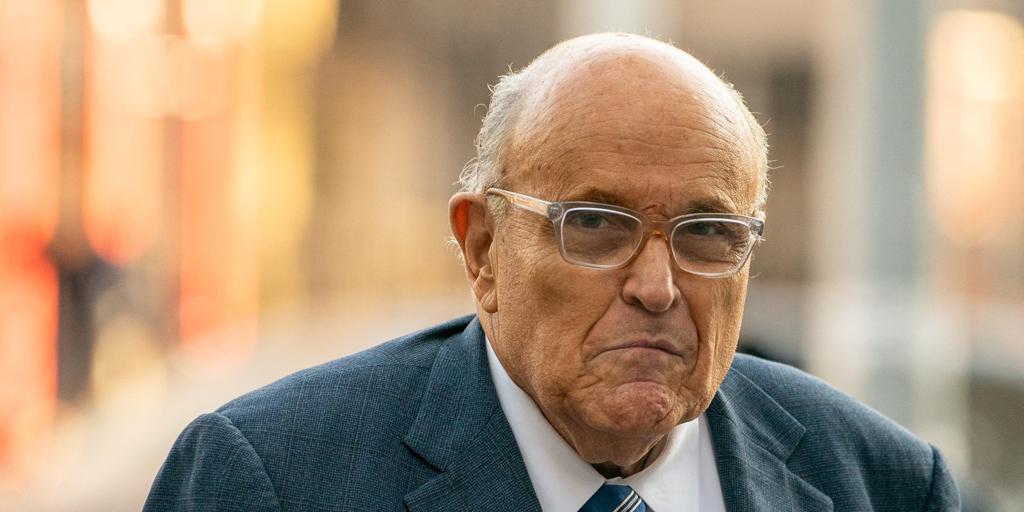
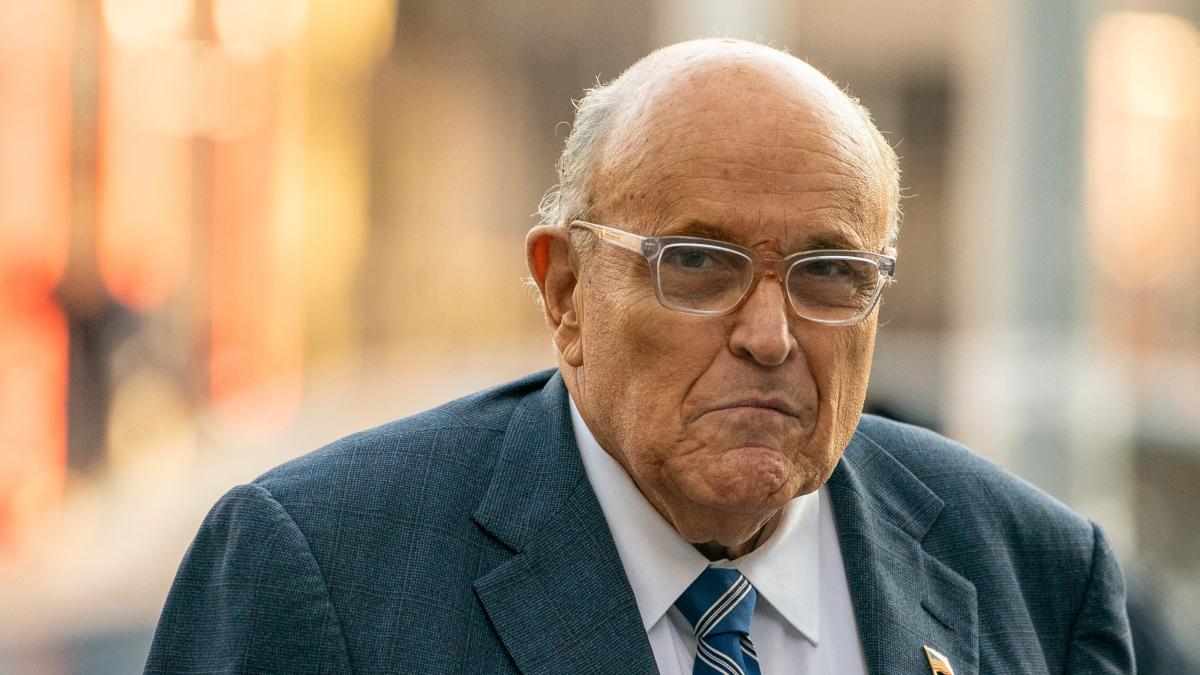
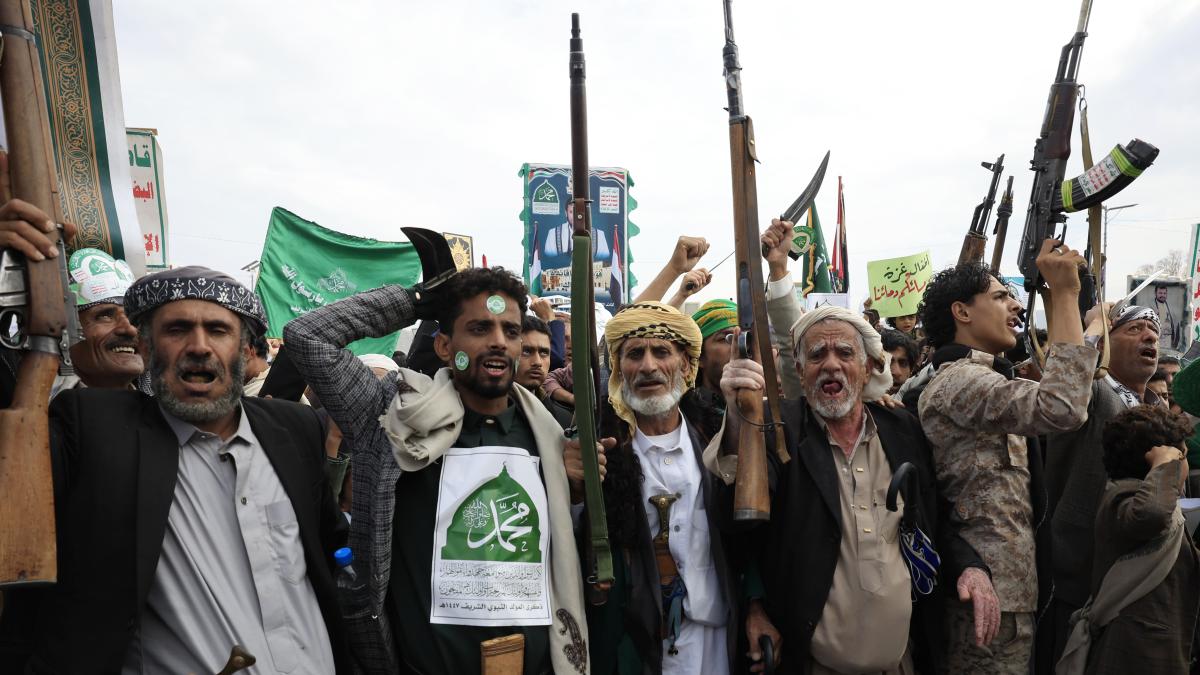
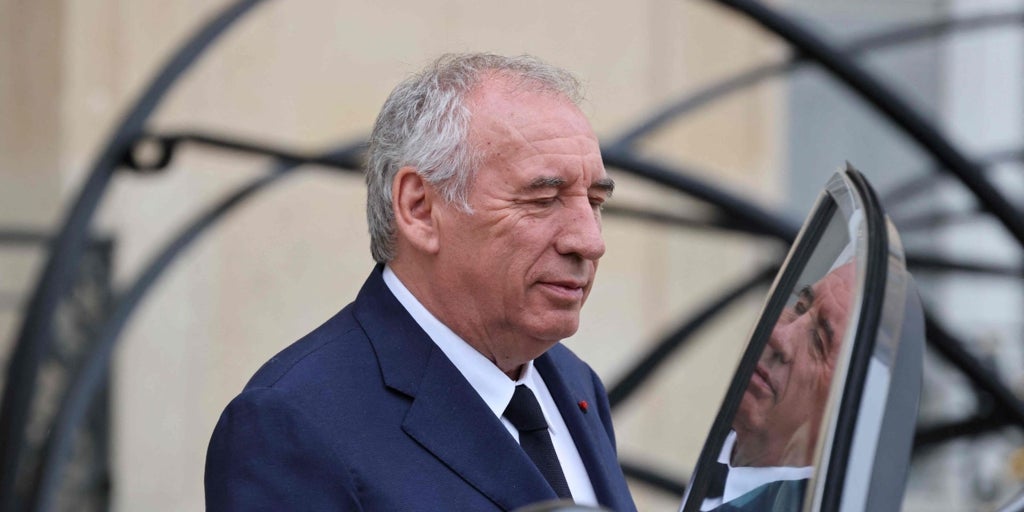
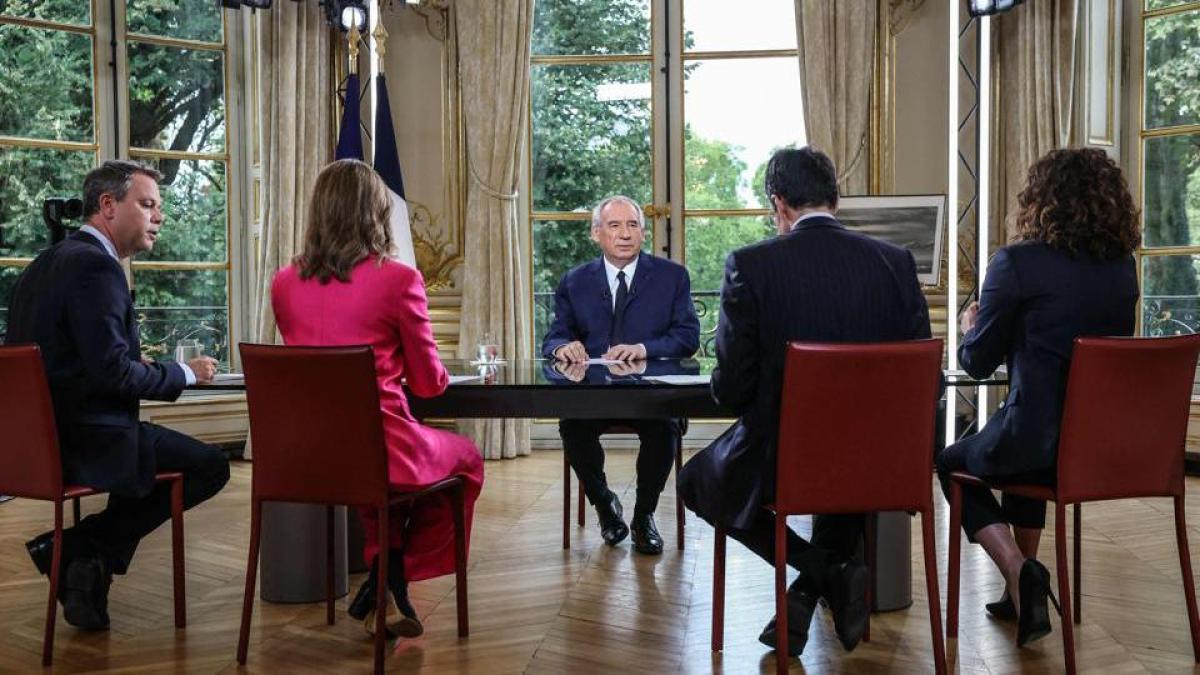
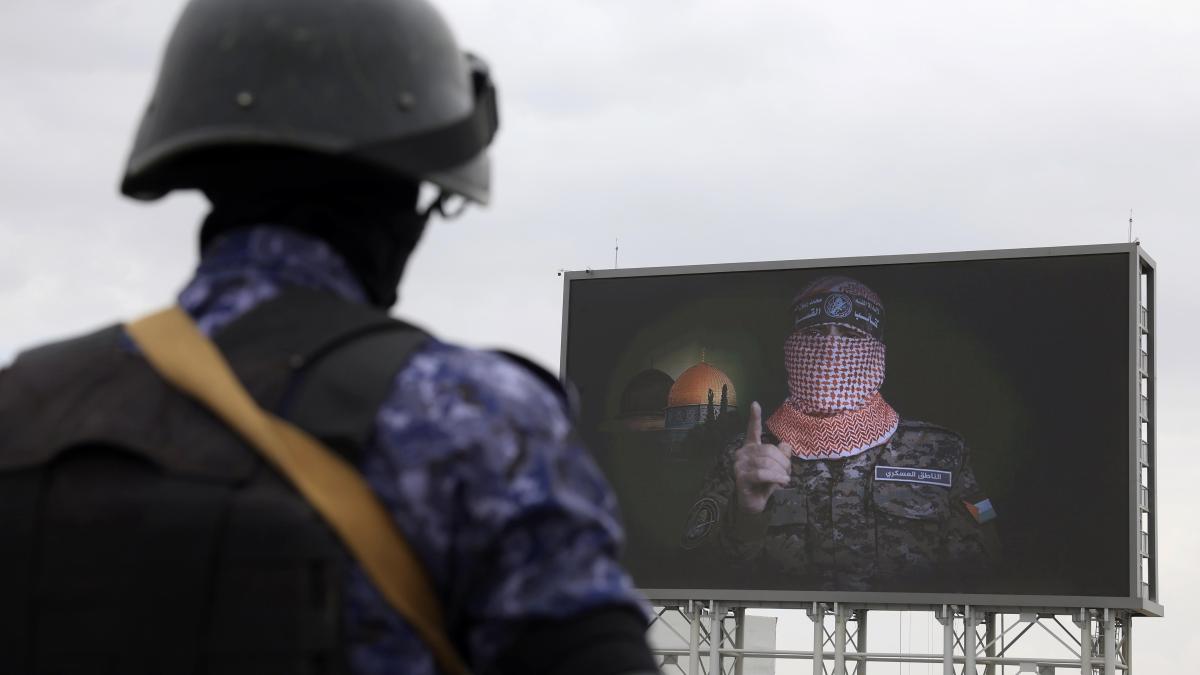
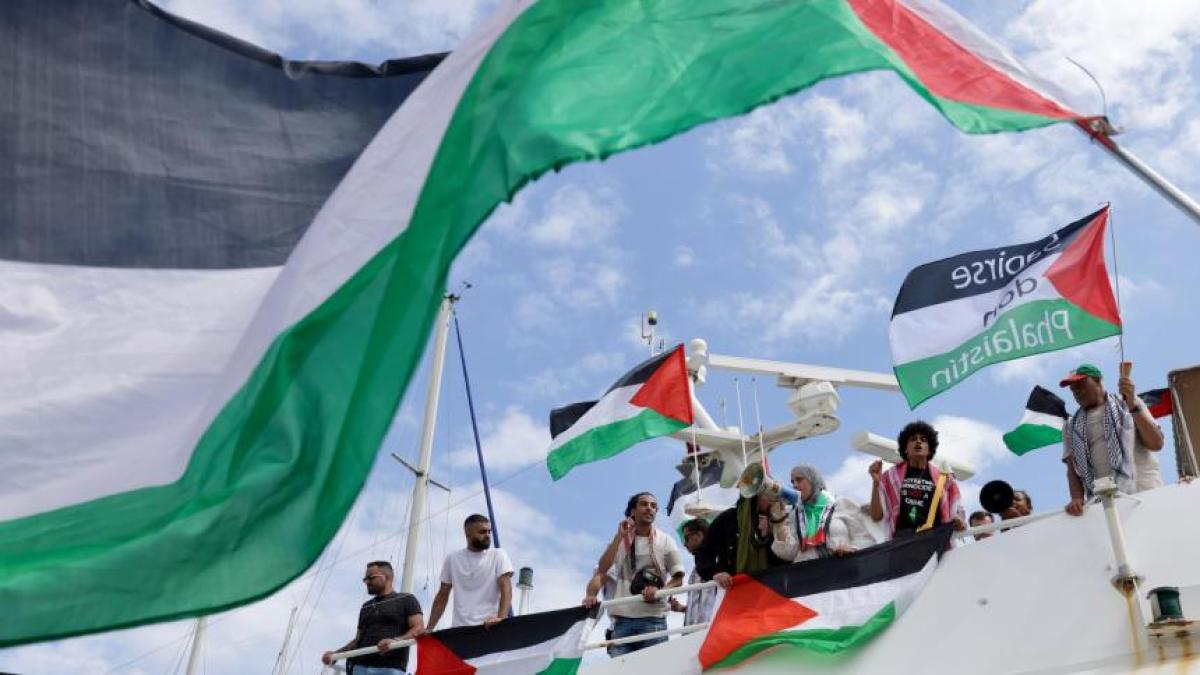
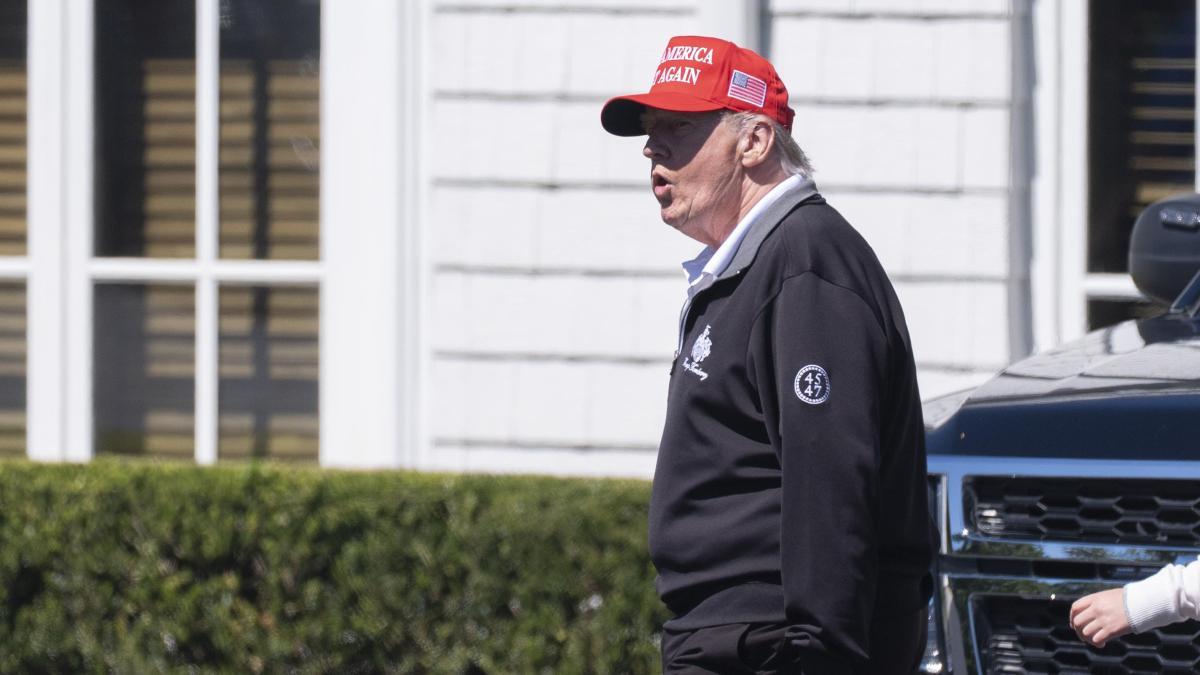
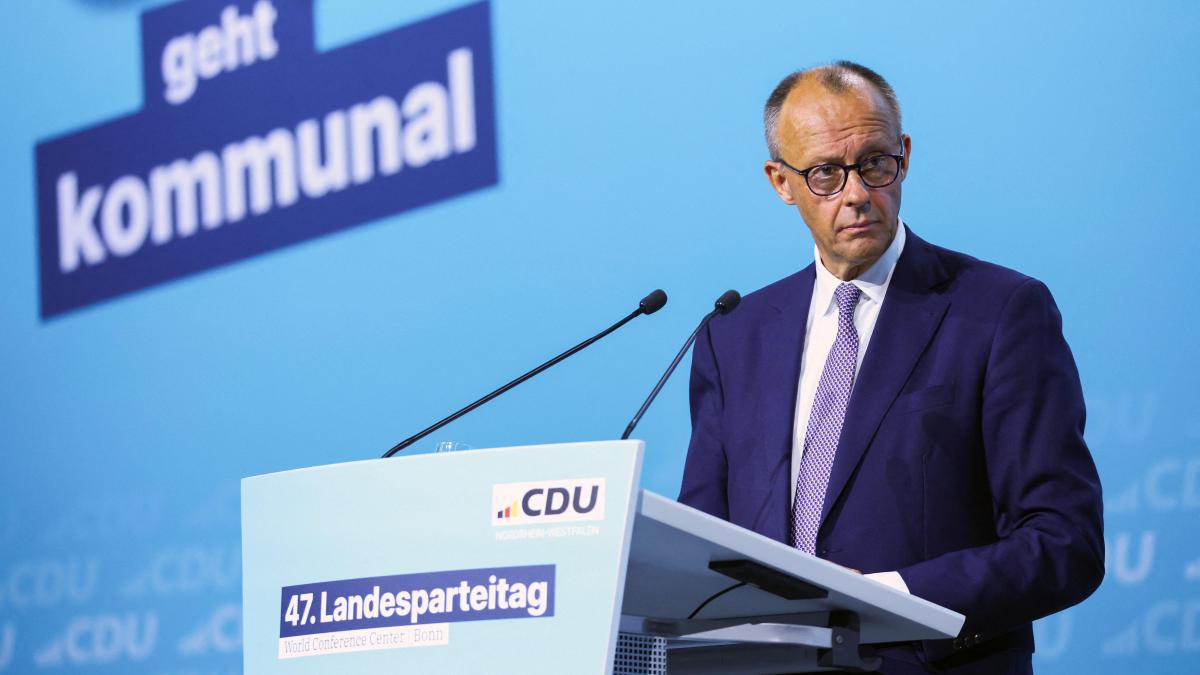
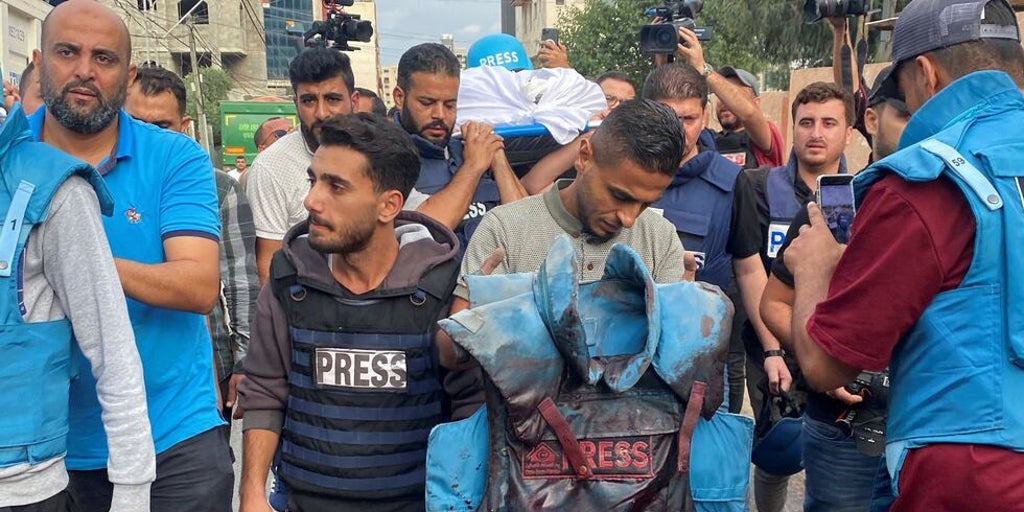
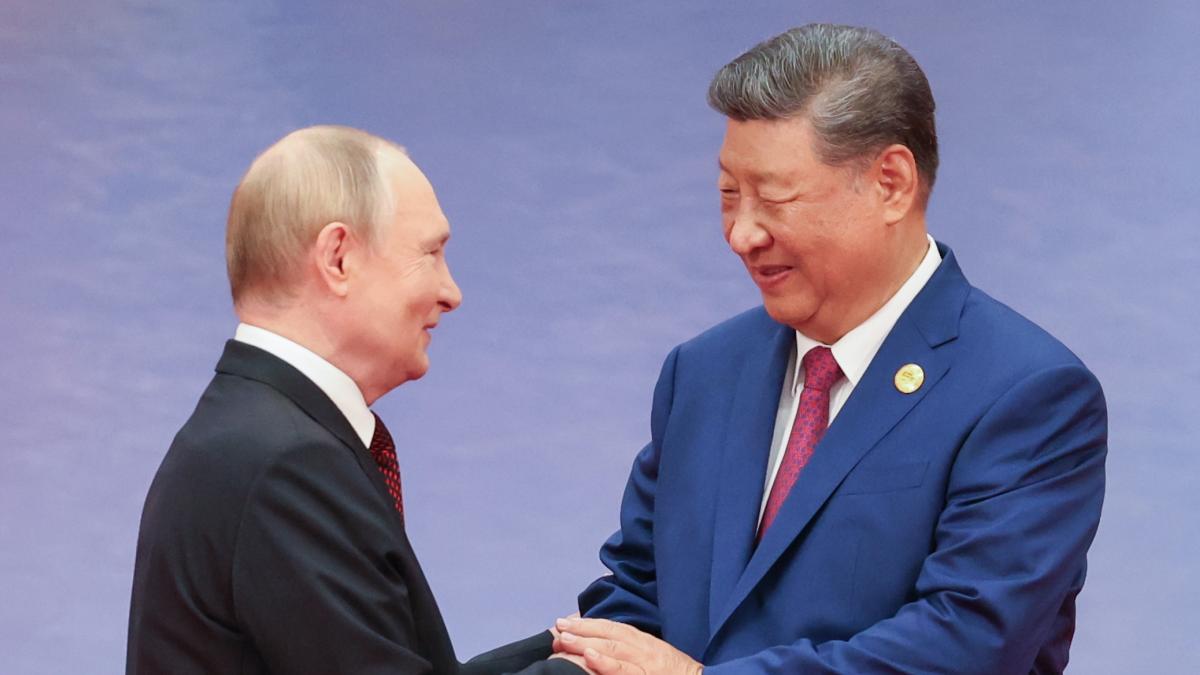
Leave a Reply